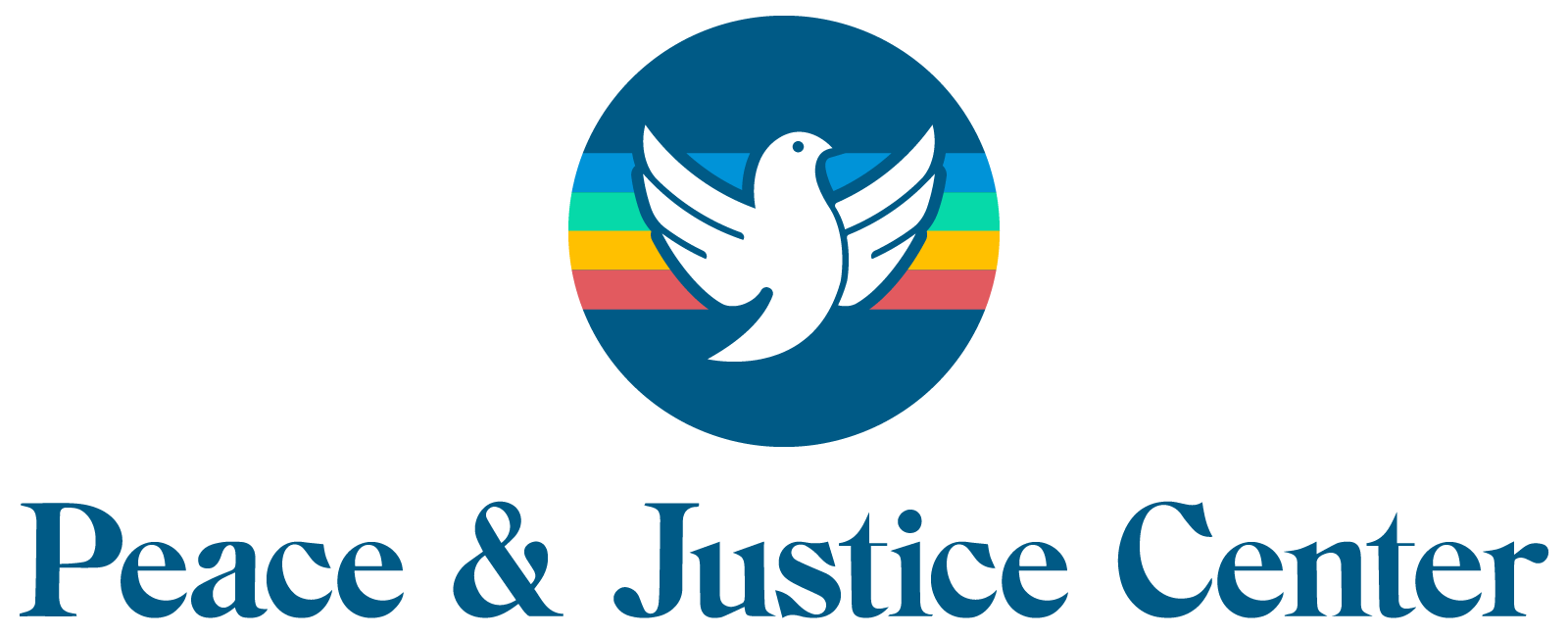-Ariane Goldsmith, Fair Trade Intern
After studying environmental justice for a few years, I have come to understand that the majority of production under capitalism is exploitative and deadly. Learning about so many case studies exposing environmental injustices all over the world has ingrained the “disappointed but not surprised” attitude in my mind. Still, every time I learn about another example of how capitalism and human greed has let us down, I feel even more committed to the movement toward justice. The 2014 documentary “Banana Land: Blood, Bullets and Poison” exposes the atrocities committed by Chiquita Brands International and other multinational corporations like Dole Food Company and Del Monte Foods. These corporations create banana republics (countries with economies that rely on the exportation of resources for foreign corporations) in the Global South. The film begins with the story of banana plantations in Colombia in the early 20th century and the consequent Santa Marta Massacre on December 6, 1928. On this day, banana workers were protesting their unjust working conditions when the United Fruit Company (Chiquita’s predecessor), the Colombian government, and the United States embassy labeled the protesters as “communists and radicals” and justified murdering over 1000 people in the crowd. This massacre set the stage for the injustices that continue today in banana republics. Chiquita hired Las Autodefensas Unidas de Colombia, recognized as a terrorist group by the U.S., to terrorize Colombian communities into remaining subjects of Chiquita’s banana republic. Members in charge of corporate Chiquita chose murder and terrorism as means of maintaining their control over their money-making exploitations.
The role of the Green Revolution in environmental injustice in horrifying as well. When chemicals were left over from World War II, the factories producing war materials switched from tanks to tractors and from chemical weapons to pesticide sprayers. Subsequently, Latin America became a testing ground for industrial agriculture. It did not benefit from the chemical regulations that happened in the United States as a reaction to Rachel Carson’s Silent Spring and the resulting environmental movement of the 1960’s and 1970’s. Even today, banana farm employees are subjected to chemicals that have been banned in the United States, like dibromochloropropane, or DBCP, a pesticide that causes male sterility. Nobody told the workers that the conditions of their job would result in their inability to have children. This act of environmental racism is a deliberate decision of the chemical companies and the farm owners. Another horrifying example of the environmental racism in these banana farms is their presence in communities who are frequently sprayed with chemicals because of their proximity to the fields. Nobody told these communities about the coming pesticide fumigations or their serious biological effects. Now, a large percentage of the children born in these communities after industrial banana production began have been born with birth defects.
“Banana Land: Blood, Bullets and Poison” shows once again that science, business, and agricultural practices are not neutral. Americans rely on the Global South for cheap goods and foods, not conscious of their contribution to exploitation and murder when supporting companies like Chiquita. We expect goods to be cheap because exploitative labor systems have become normalized in the global free trade system, with countries in the Global North benefitting from blood, bullets and poison flowing freely in the Global South. When I learned about the fair trade movement as an answer to the daily evils of free trade corporations, paying slightly more for fair trade bananas and other products became important to me. We must chip away at this broken system by shifting our need for cheap goods to a need for compassionate relationships, fair economies, and healthy communities. What we do not pay for in the price of a product, the workers producing our goods do.
